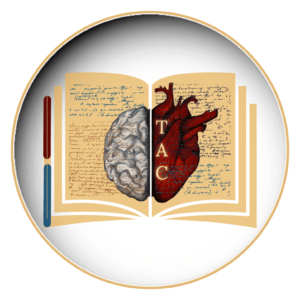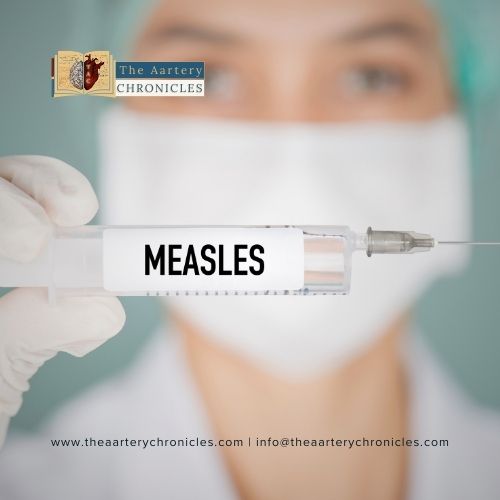

What You Will Learn in a Medical Journalism and Medical Writing Internship: A Step-by-Step Guide
Summary
- Interns learn the fundamentals of medical writing and journalism, including ethics and target audience analysis.
- Training includes research skills, regulatory writing, news reporting, and digital healthcare content creation.
- Interns gain hands-on experience in editing, peer review, and article publication.
- Career development includes portfolio building, networking, and transitioning to full-time roles.
- The Aartery Chronicles’ internship guarantees article publication, mentorship, and career guidance.
Introduction
A medical journalism and medical writing internship is a valuable opportunity for aspiring professionals to gain practical experience, industry insights, and hands-on training in healthcare communication. Whether you aim to become a medical journalist, regulatory writer, or scientific communicator, an internship helps build technical expertise, writing skills, and a professional portfolio. Here’s a step-by-step guide on what you will learn during a medical writing and journalism internship.
Step 1: Understanding the Fundamentals of Medical Writing and Journalism
- Introduction to Medical Communication – Differences between medical writing, scientific communication, and medical journalism.
- Target Audience Analysis – Writing for healthcare professionals, researchers, policymakers, and the general public.
- Types of Medical Writing – Regulatory writing, clinical documentation, patient education materials, and SEO-driven healthcare blogs.
- Ethics and Credibility – Adhering to guidelines such as ICMJE, COPE, and GPP.
Step 2: Research and Evidence-Based Writing
- Scientific Research Skills – Learning to use PubMed, Scopus, and Google Scholar for credible sources.
- Data Interpretation – Extracting key findings from clinical trials, research studies, and medical reports.
- Fact-Checking and Misinformation Management – Ensuring content accuracy and avoiding misleading health claims.
- Referencing and Citation Standards – Using Vancouver, AMA, and APA styles for academic and regulatory writing.
Step 3: Developing Technical and Regulatory Writing Skills
- Clinical Trial Documentation – Writing study protocols, investigator brochures, and clinical trial reports.
- Regulatory Submissions – Understanding DCGI, FDA, and EMA guidelines for pharmaceutical documentation.
- Medical Device and Drug Writing – Writing summaries, risk-benefit analyses, and adverse event reports.
- Pharmacovigilance Reports – Learning about drug safety reporting and risk assessment.
Step 4: Crafting Engaging Medical Journalism and Digital Healthcare Content
- News Writing and Health Reporting – Covering medical breakthroughs, healthcare policies, and industry trends.
- Interviewing Experts – Conducting and transcribing interviews with doctors, researchers, and public health officials.
- Feature Writing and Storytelling – Writing compelling narratives about patient experiences, medical ethics, and healthcare reforms.
- SEO and Digital Health Journalism – Optimising content for search engines and healthcare blogs.
Step 5: Editorial Process, Peer Review, and Publishing
- Editing and Proofreading – Techniques to improve clarity, coherence, and conciseness in medical content.
- Peer Review and Feedback – Engaging in collaborative article reviews and revisions.
- Journal and Blog Submission Process – Understanding the manuscript submission and publication cycle.
- Portfolio Development – Interns at The Aartery Chronicles get the chance to publish at least 10 articles, building credibility in the field.
Step 6: Career Development and Networking
- Freelance Medical Writing vs. Full-Time Jobs – Exploring career opportunities in pharma, research institutions, and media houses.
- Building a Professional Portfolio – Showcasing published articles and case studies to potential employers.
- Networking with Industry Professionals – Connecting with editors, medical writers, and digital health strategists.
- Internship to Job Transition – Learning strategies to secure long-term roles in medical writing and journalism.
Why Choose The Aartery Chronicles' Internship Program?
- Comprehensive training in both medical writing and journalism.
- Hands-on experience with real-world assignments and industry projects.
- One-on-one mentorship from experienced healthcare professionals and editors.
- Guaranteed article publication in The Aartery Chronicles to build a strong portfolio.
- Internship certificate and career guidance for long-term success in medical communication.
Conclusion
A medical writing and journalism internship provides the necessary practical exposure, industry knowledge, and writing expertise to excel in healthcare communication. Whether your goal is to work in pharmaceuticals, healthcare journalism, or regulatory writing, an internship helps build the skills and portfolio needed for a successful career.









